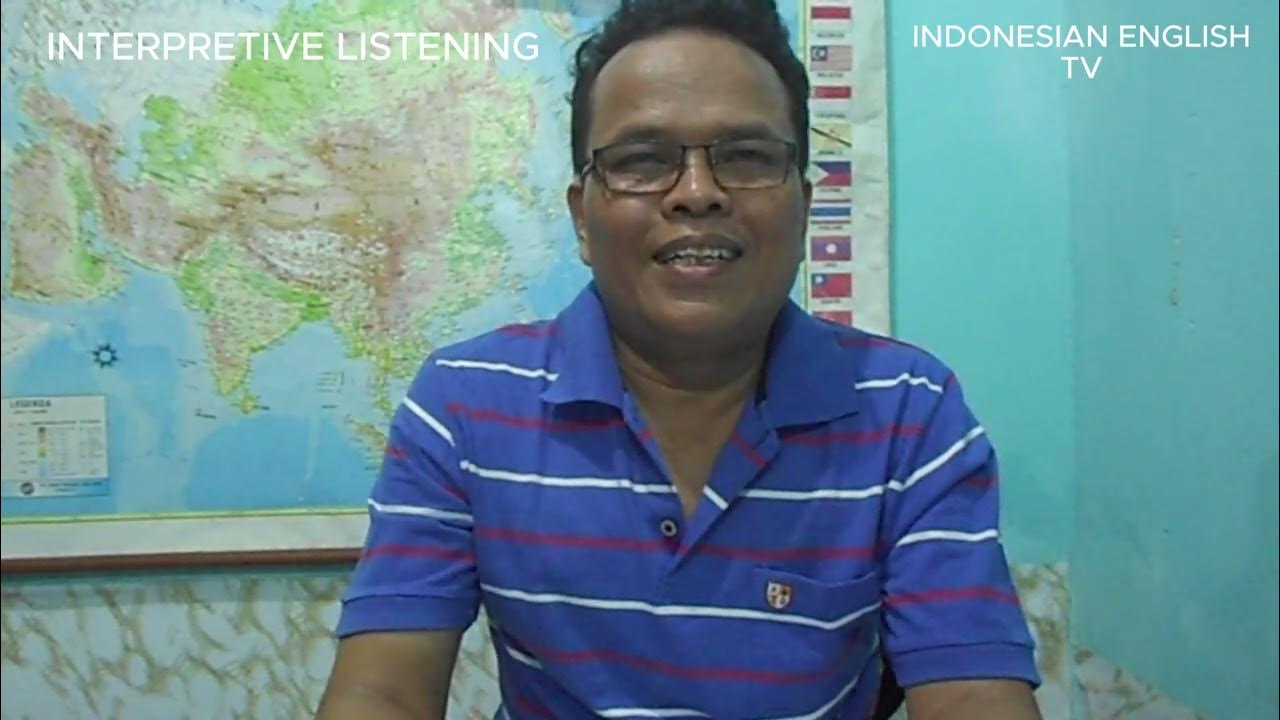Do schools kill creativity? | Sir Ken Robinson | TED
Summary
TLDRThe speaker emphasizes the importance of creativity in education, arguing it should be as valued as literacy. He highlights the unpredictability of the future and the need for an education system that nurtures children's innate talents and innovative capacities. The talk also critiques the current educational hierarchy, which prioritizes academic subjects and undervalues the arts, and calls for a reevaluation of our approach to intelligence and learning.
Takeaways
- 🌟 Human creativity is a central theme of the conference, highlighting the diverse range of talents and ideas present.
- 🔮 The future is unpredictable, and education should prepare individuals for a world that is hard to foresee, especially considering the rapid pace of change.
- 🏫 Education is a shared interest and a vested concern for everyone, as it shapes the future and our ability to navigate through life.
- 🎓 The current education system is geared towards academic achievement and traditional subjects, often neglecting the importance of creativity and the arts.
- 🧠 Intelligence is diverse, encompassing various ways of thinking and experiencing the world, not just academic ability.
- 💃 Creativity should be valued as highly as literacy in education, as it fosters innovation and original thought.
- 🎭 The hierarchy of subjects in education systems worldwide reflects a bias towards certain disciplines, with arts often undervalued.
- 🚀 The rapid changes in technology and demography are rendering traditional educational achievements less valuable, necessitating a reevaluation of what education should prioritize.
- 🌍 A new conception of human ecology is needed, one that recognizes and nurtures the richness of human potential beyond just academic prowess.
- 🌱 The task of education is to develop the whole person, preparing children to face an uncertain future with the creativity and adaptability they will need to thrive.
Q & A
What are the three themes the speaker identifies running through the conference?
-The three themes identified are the extraordinary evidence of human creativity, the unpredictability of the future, and the extraordinary capacities that children have for innovation.
Why does the speaker express an interest in education?
-The speaker expresses an interest in education because it is the means by which we prepare children for a future that is uncertain and unpredictable.
What is the speaker's contention regarding the importance of creativity in education?
-The speaker contends that creativity is as important in education as literacy and should be treated with the same status.
How does the speaker describe the common reaction to someone mentioning they work in education at a dinner party?
-The speaker humorously describes that when someone mentions they work in education, the blood runs from other people's faces as if they are afraid or uncomfortable, indicating that education is a deeply personal and important topic.
What is the significance of the story about the little girl drawing a picture of God?
-The story signifies the fearlessness and imagination of children. Despite being told that no one knows what God looks like, the girl is confident that she can create an image of God, showing that children are not afraid to take chances and be creative.
What is the speaker's view on the current education system's hierarchy of subjects?
-The speaker criticizes the education system's hierarchy, which places mathematics and languages at the top and arts at the bottom, arguing that this structure is universal and does not adequately value creative subjects like dance and drama.
How does the speaker connect the history of public education to its current structure?
-The speaker explains that public education systems were established to meet the needs of industrialism, which is why practical and academic subjects are prioritized over creative ones.
What does the speaker suggest about the future value of degrees?
-The speaker suggests that degrees will lose their value due to academic inflation and an increase in graduates, indicating a need to rethink the structure and purpose of education.
What are the three things the speaker says we know about intelligence?
-The speaker states that intelligence is diverse, dynamic, and distinct. It is experienced in various ways, interactive across different disciplines, and unique to each individual.
How does the story of Gillian Lynne illustrate the importance of recognizing and nurturing individual talents?
-The story of Gillian Lynne shows that recognizing and nurturing individual talents, rather than suppressing them with medication or negative labels, can lead to great success and fulfillment. Her talent for dance was identified and encouraged, leading to a successful career in choreography.
What is the speaker's call to action for the future of education?
-The speaker calls for a radical rethinking of our view of intelligence and the principles of education, emphasizing the need to educate the whole being of children to prepare them for an unpredictable future.
Outlines

This section is available to paid users only. Please upgrade to access this part.
Upgrade NowMindmap

This section is available to paid users only. Please upgrade to access this part.
Upgrade NowKeywords

This section is available to paid users only. Please upgrade to access this part.
Upgrade NowHighlights

This section is available to paid users only. Please upgrade to access this part.
Upgrade NowTranscripts

This section is available to paid users only. Please upgrade to access this part.
Upgrade Now5.0 / 5 (0 votes)





